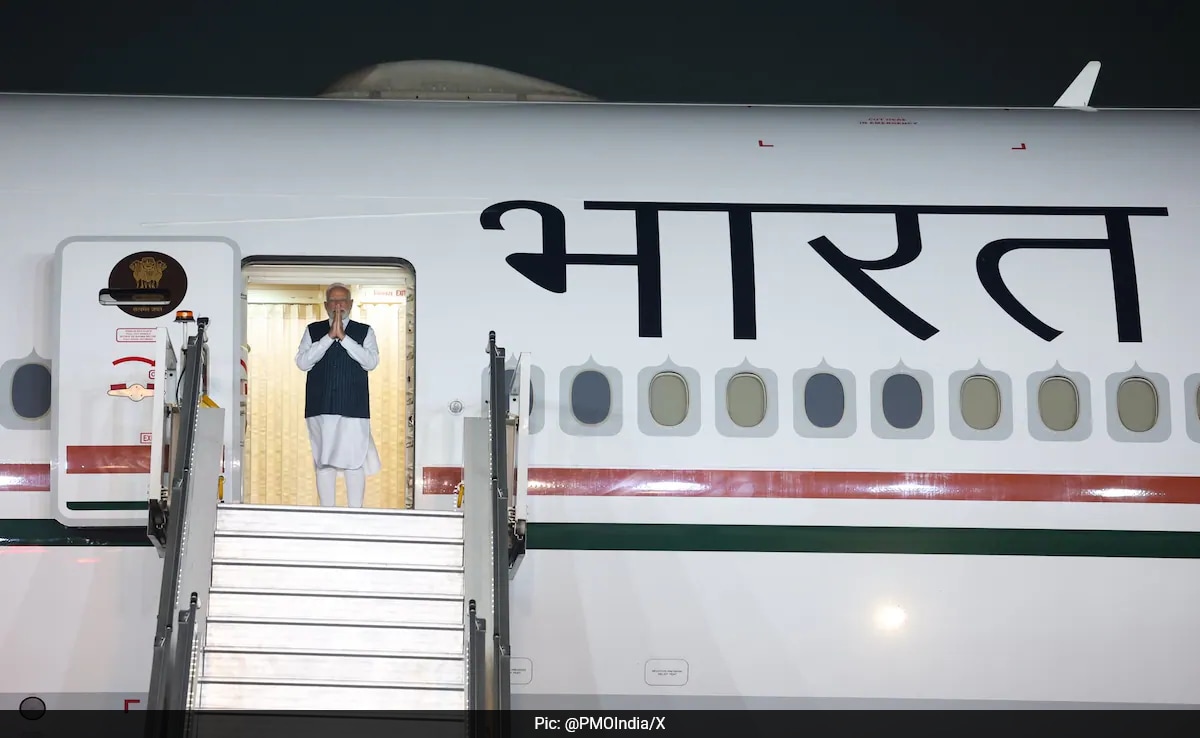Meanwhile, forces backing Yemen's exiled government and Saudi Arabia have fallen back recently from the key port city of Hodeida, allowing the Houthis to regain ground there as well.
âWithout changing the facts on the ground, the Houthis would not come at all to the tableâ for possible peace talks, Mubarak warned.
The battle for Marib likely will determine the outline of any political settlement in Yemenâs second civil war since the 1990s. If seized by the Houthis, the rebels can press that advantage in negotiations and even continue further south. If Marib is held by Yemenâs internationally recognized government, it will save perhaps its only stronghold as secessionists challenge its authority elsewhere.
Taking Marib, or otherwise cutting it off, would represent a major prize for the Houthis. It is home to oil and gas fields that international firms including Exxon Mobil Corp. and Total SA have interests. Maribâs natural gas bottling plant produces cooking gas for the nation of 29 million people. Its power plant once provided 40% of Yemenâs electricity.
Speaking at the Manama Dialogue in Bahrain, Mubarak referenced Maribâs ancient dam. In the Quran, the dam collapses and causes massive flooding that decimated its ancient kingdom.
âWe will undoubtedly say that if the Houthis control Marib, it will be as bad as when its historically famous dam was destroyed,â the foreign minister told the conference organized by the International Institute for Strategic Studies. âToday, Marib is the impenetrable wall for Yemen.â
Hundreds of fighters have been killed recently in fighting, which has seen the Houthis seize districts from Saudi-backed forces.
âThe danger has widened. It makes no doubt that the failure of the Iranian project in Yemen will ensure the failure of the Iranian project and the entire region,â Mubarak said. âIts success in Yemen will usher in a new phase of conflict and lead to another cycle of violence.â
___
Follow Jon Gambrell on Twitter at www.twitter.com/jongambrellAP.
.png)










 English (United States) ·
English (United States) ·  Turkish (Turkey) ·
Turkish (Turkey) ·